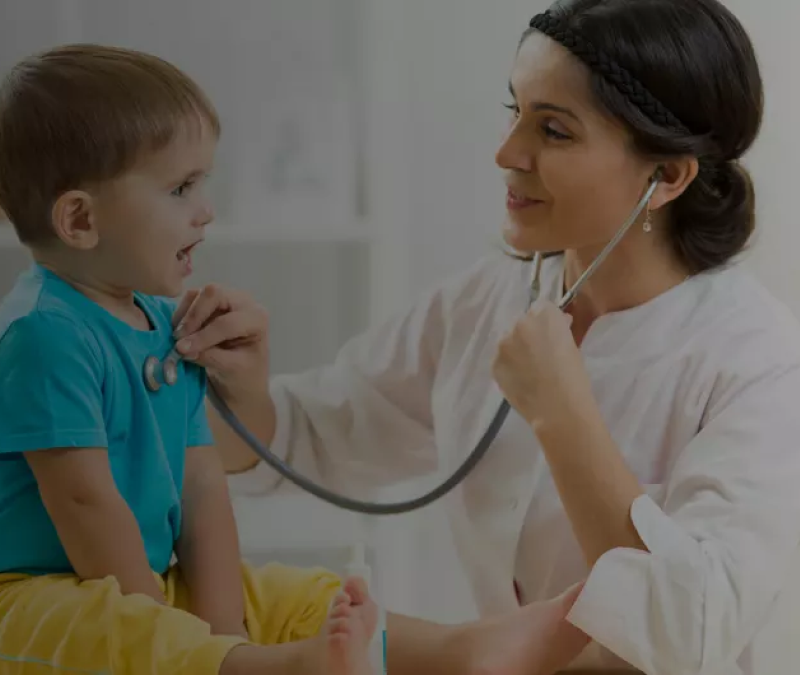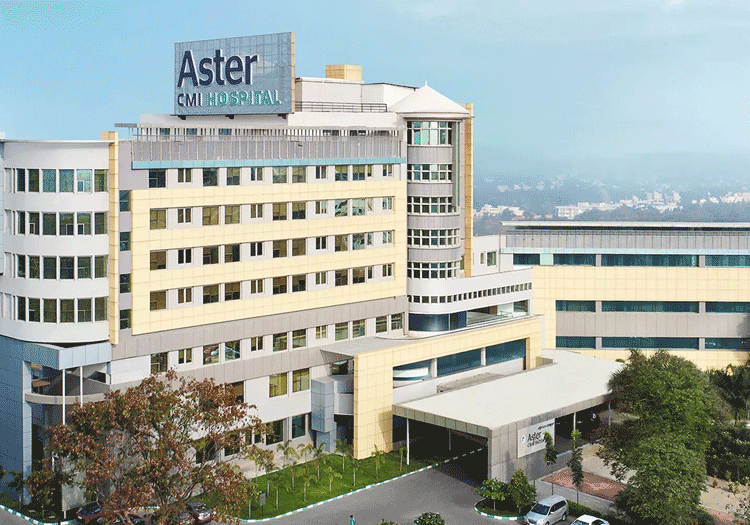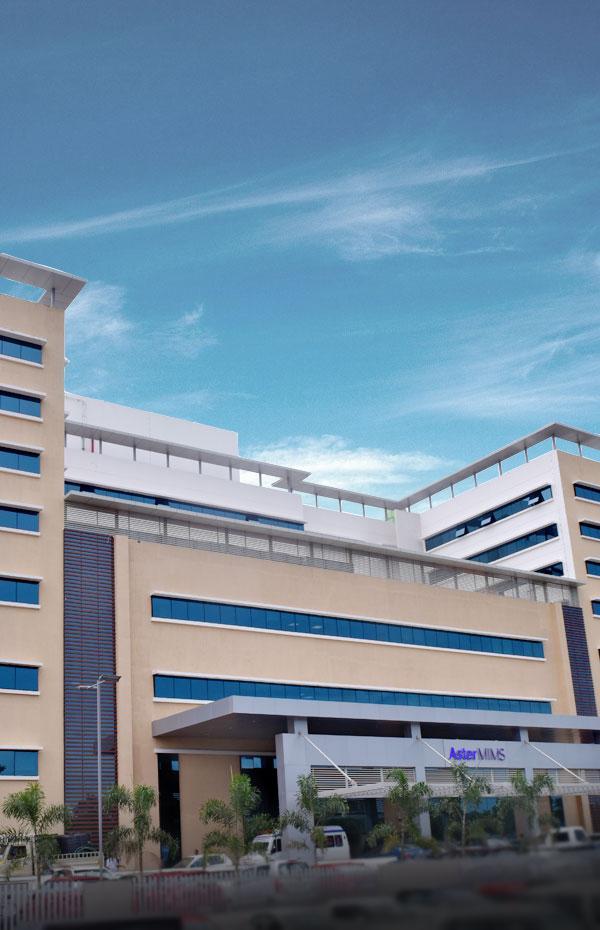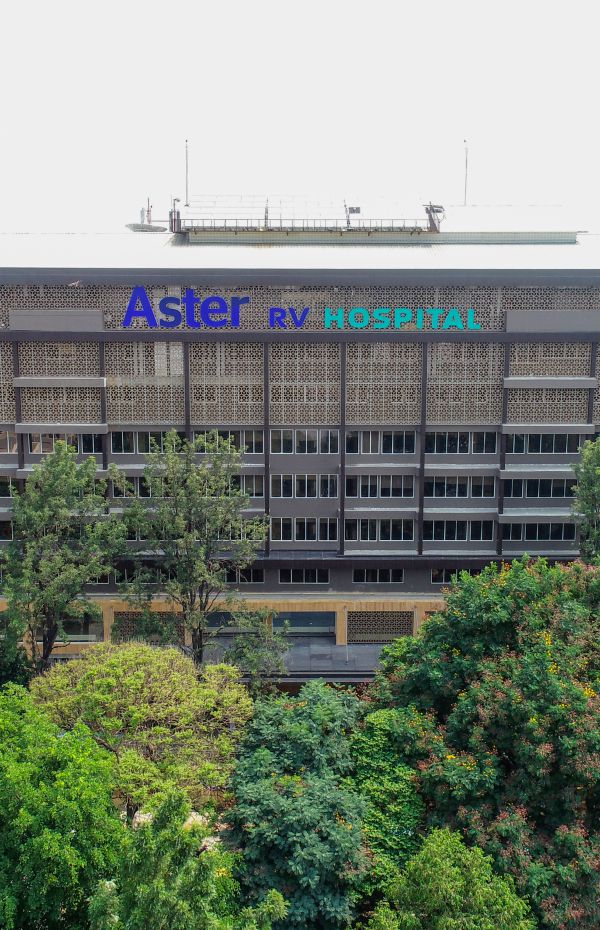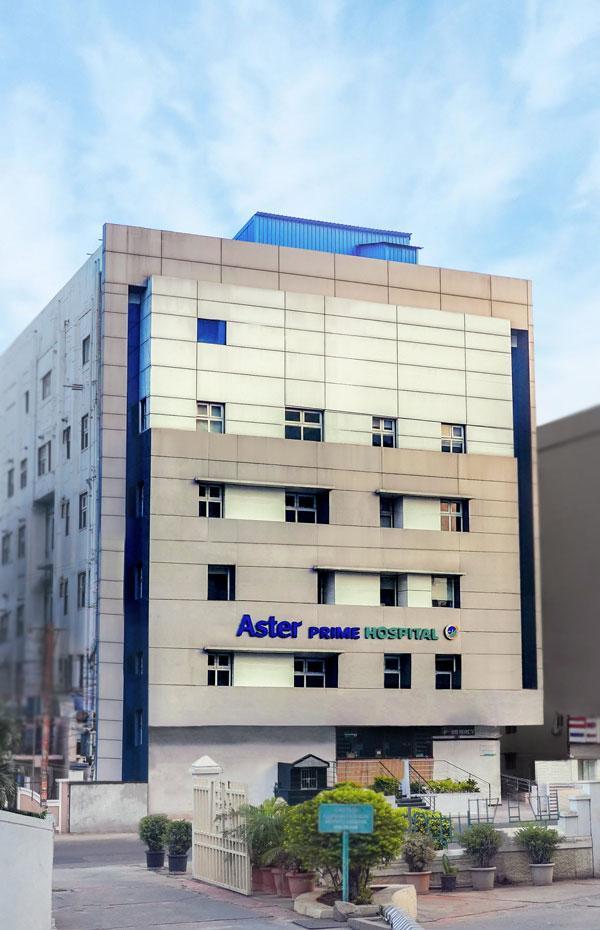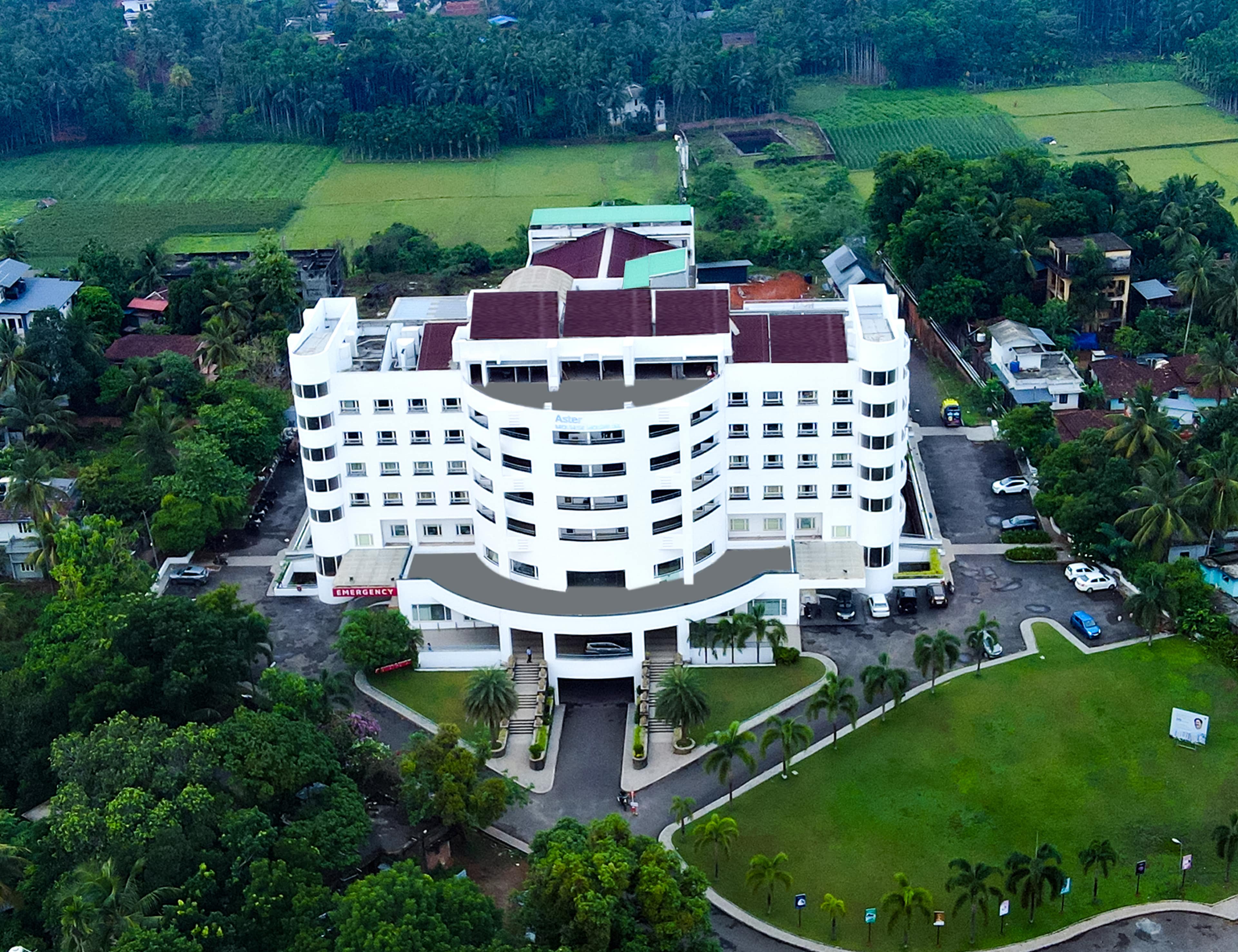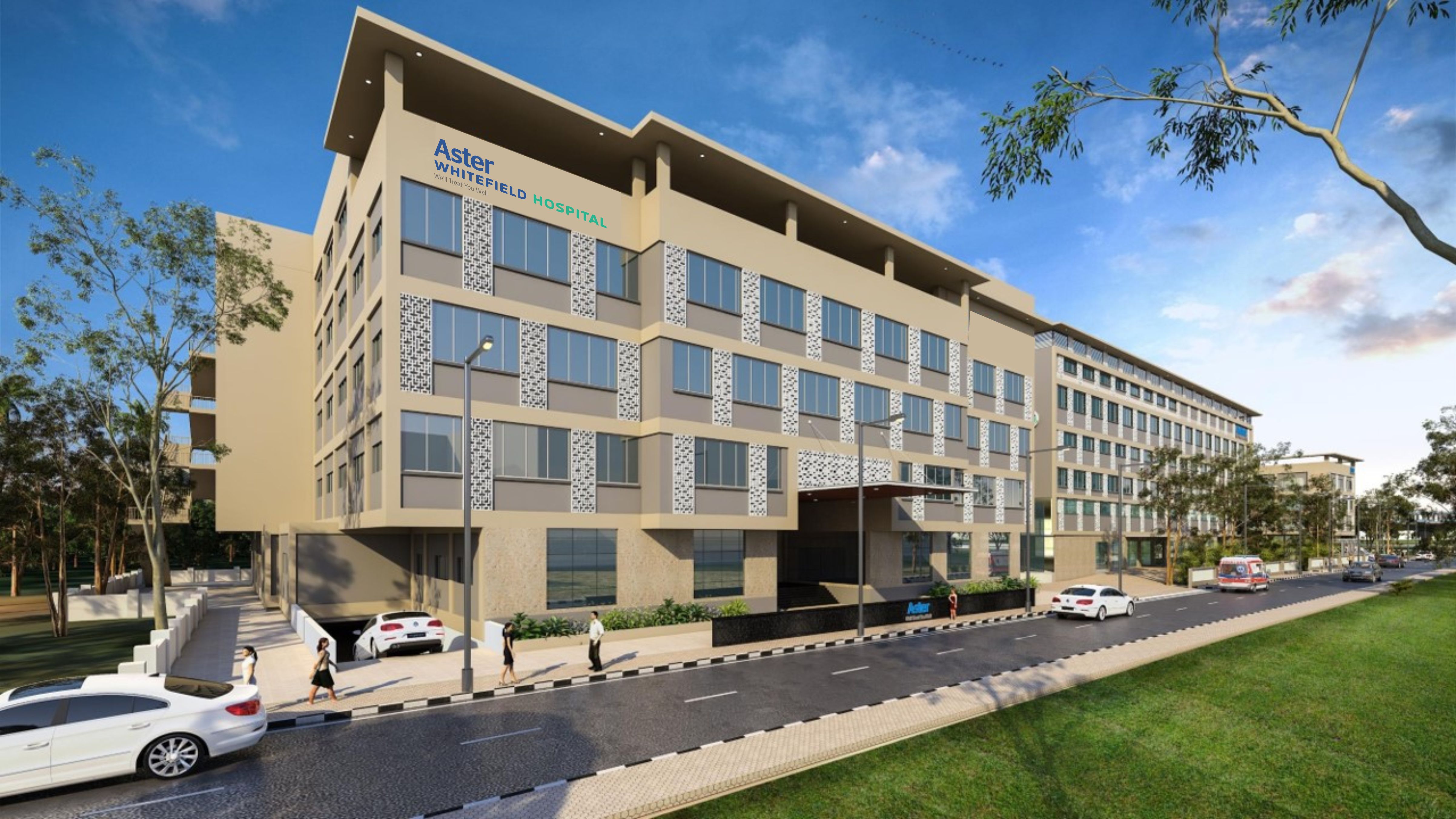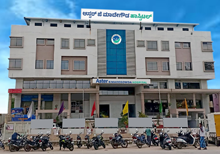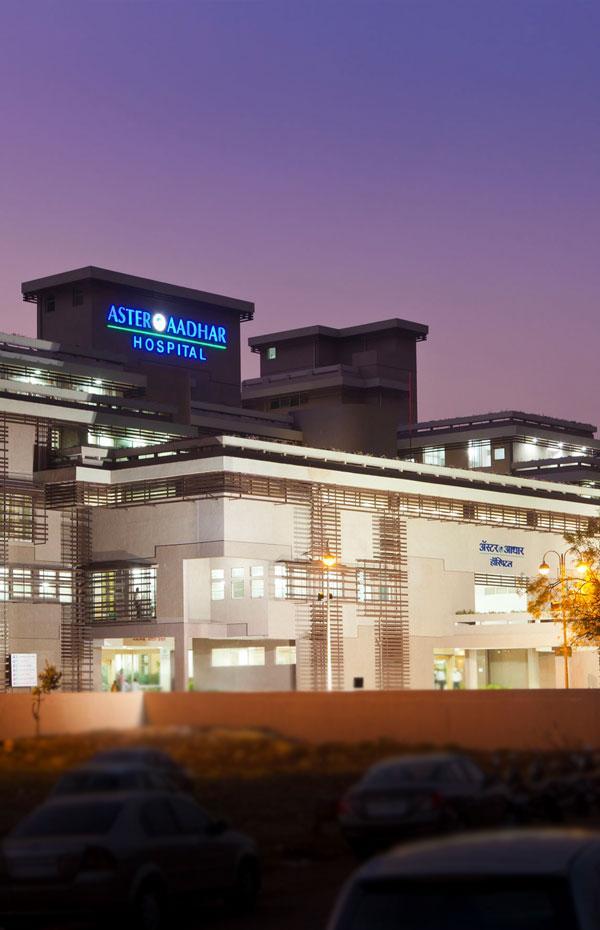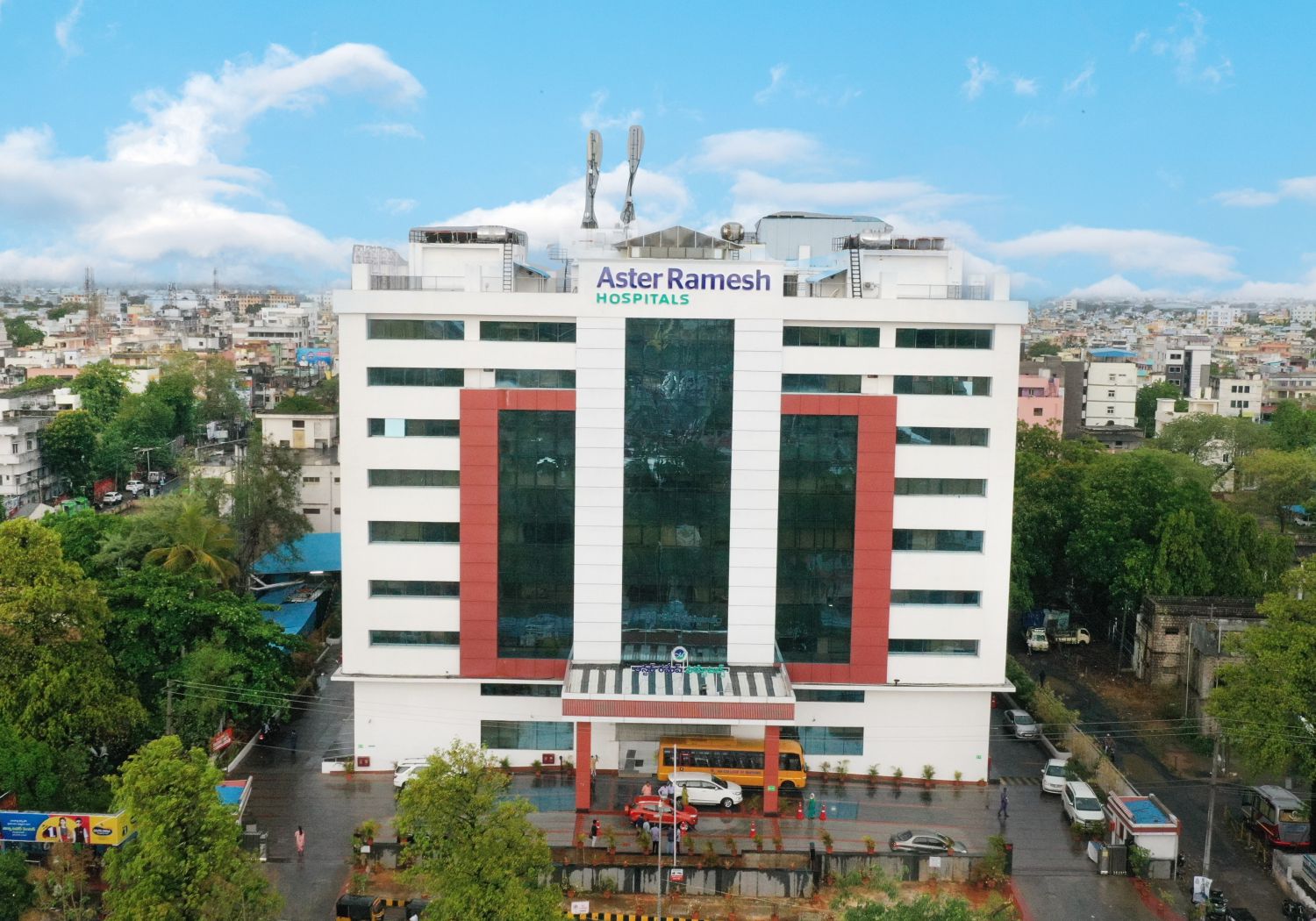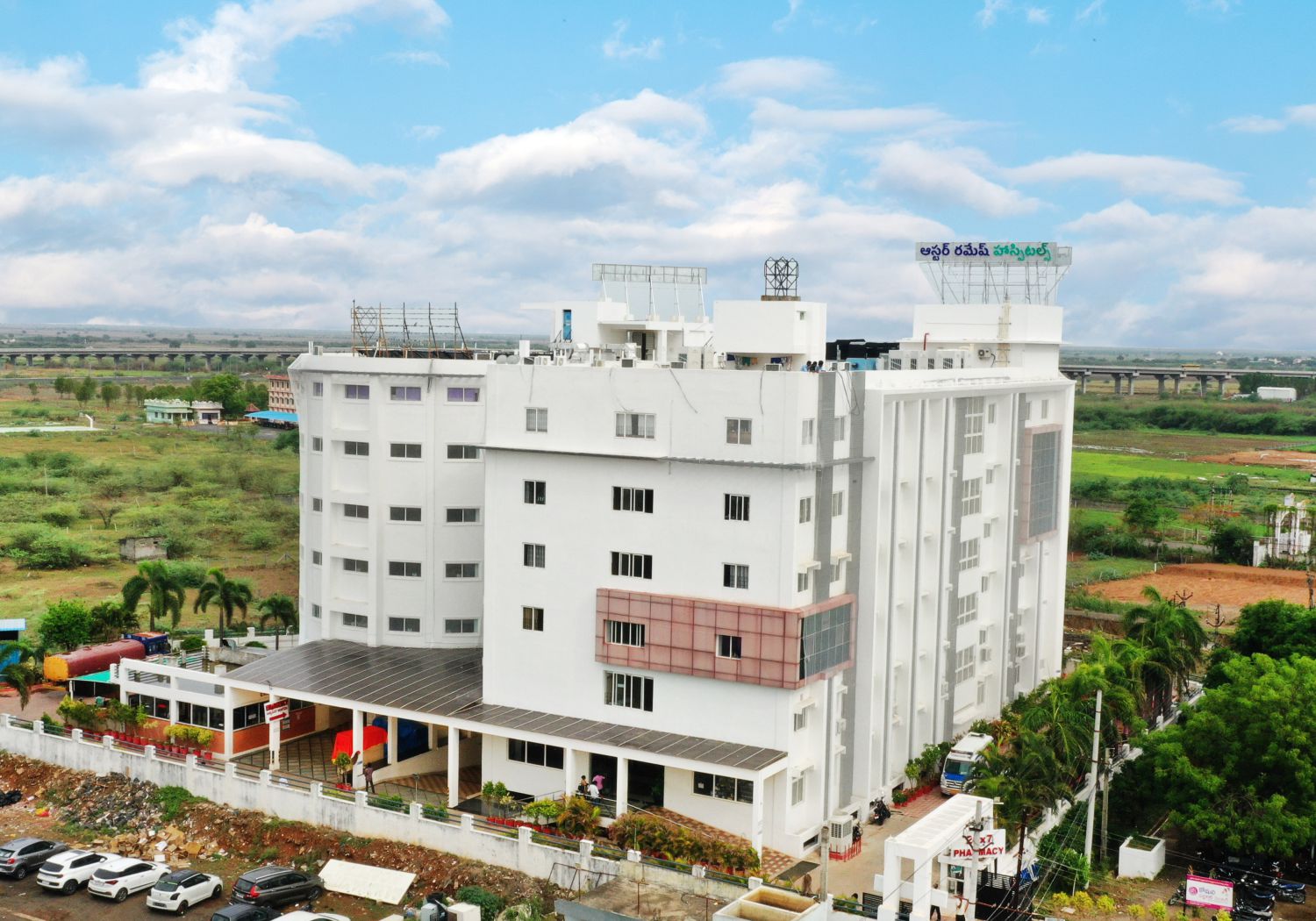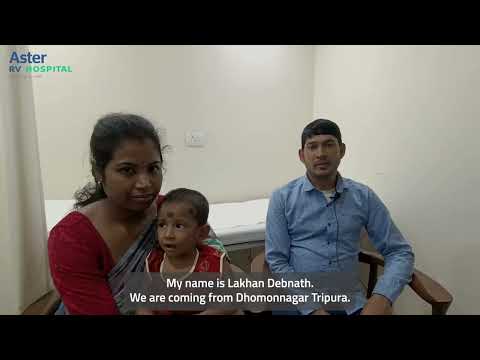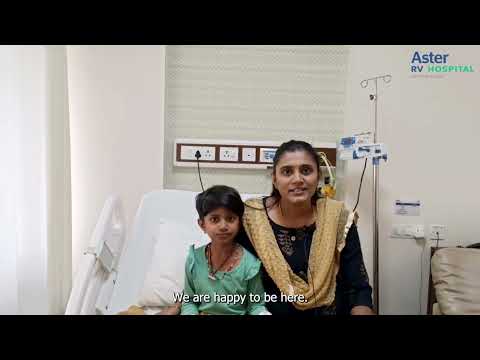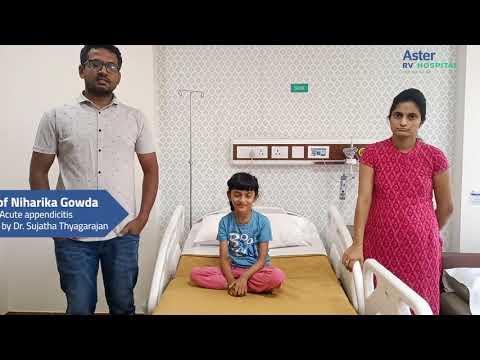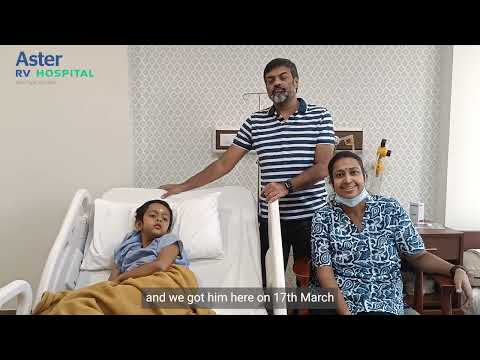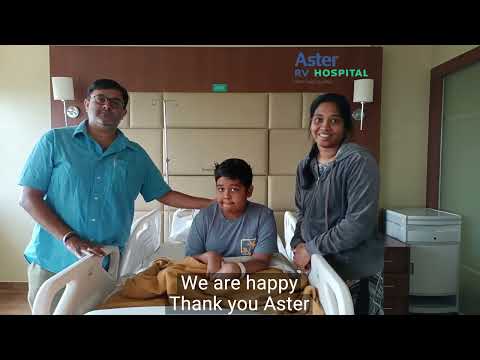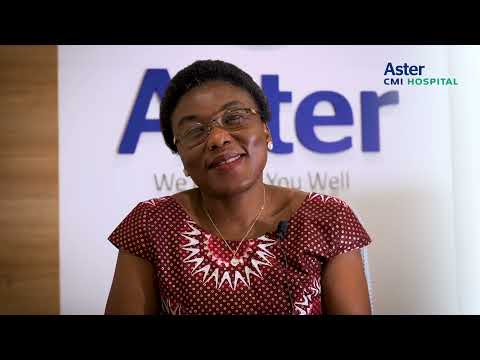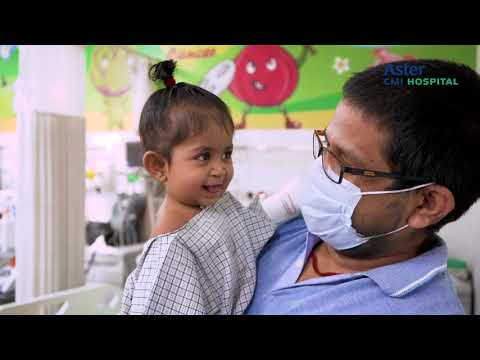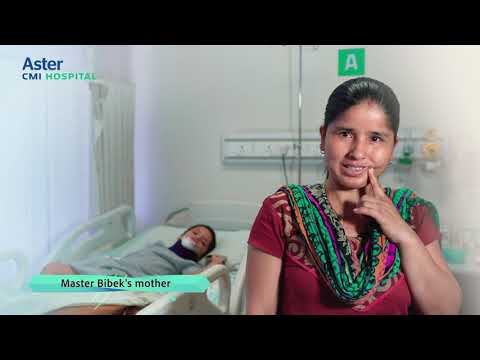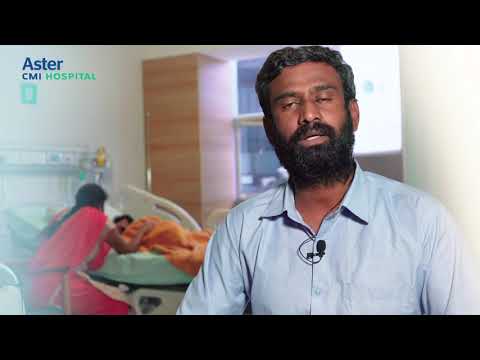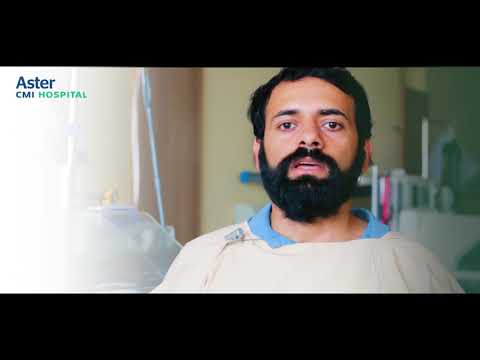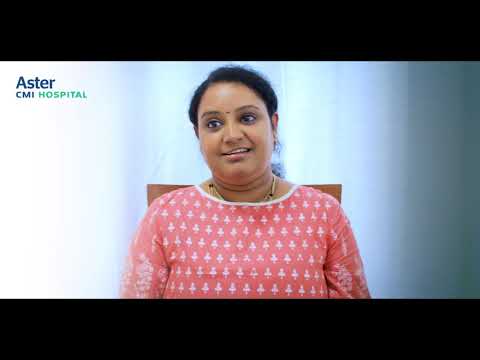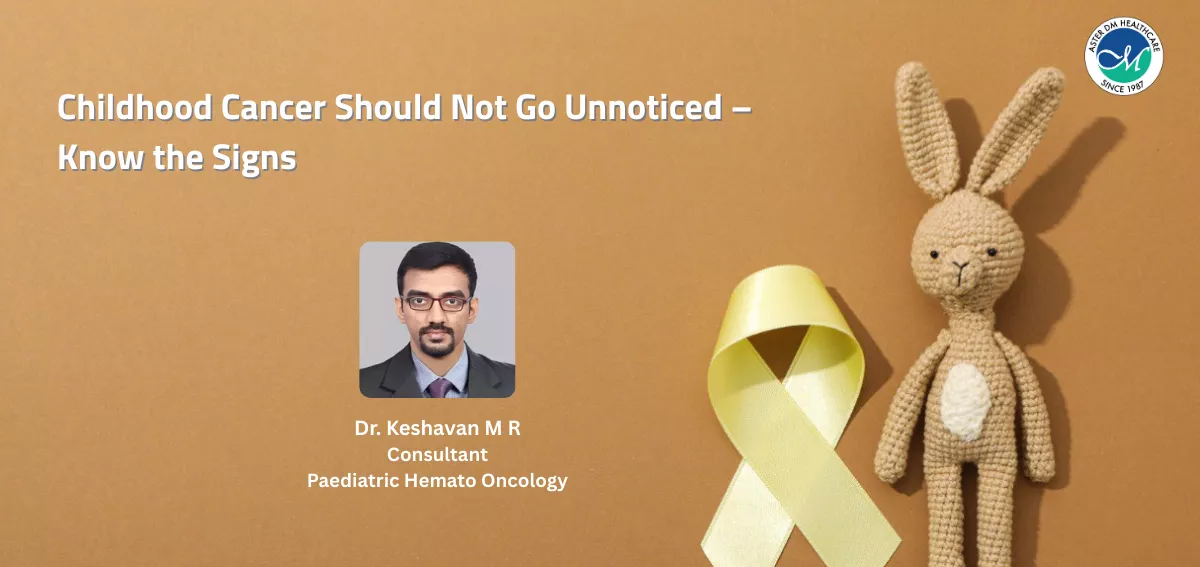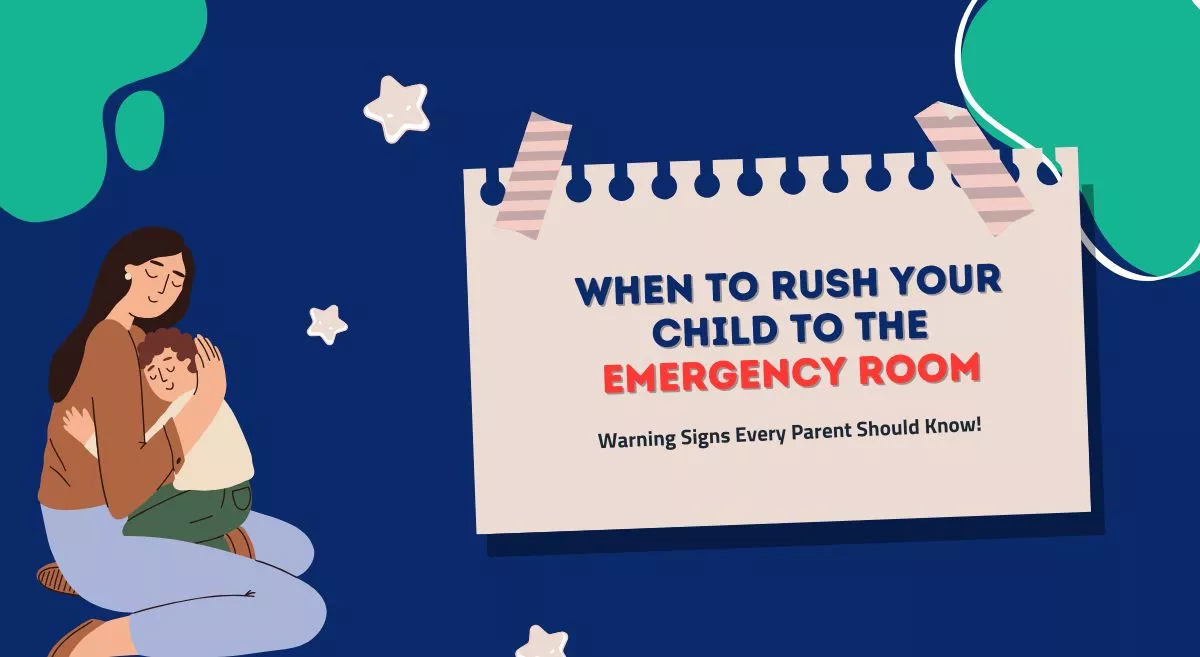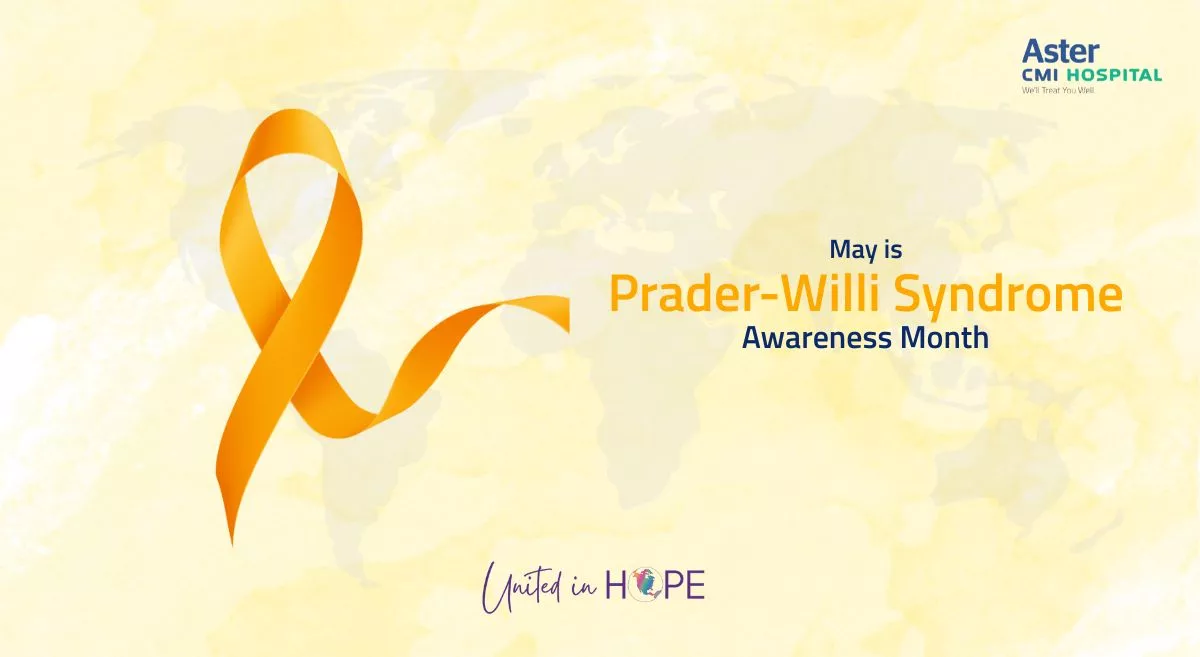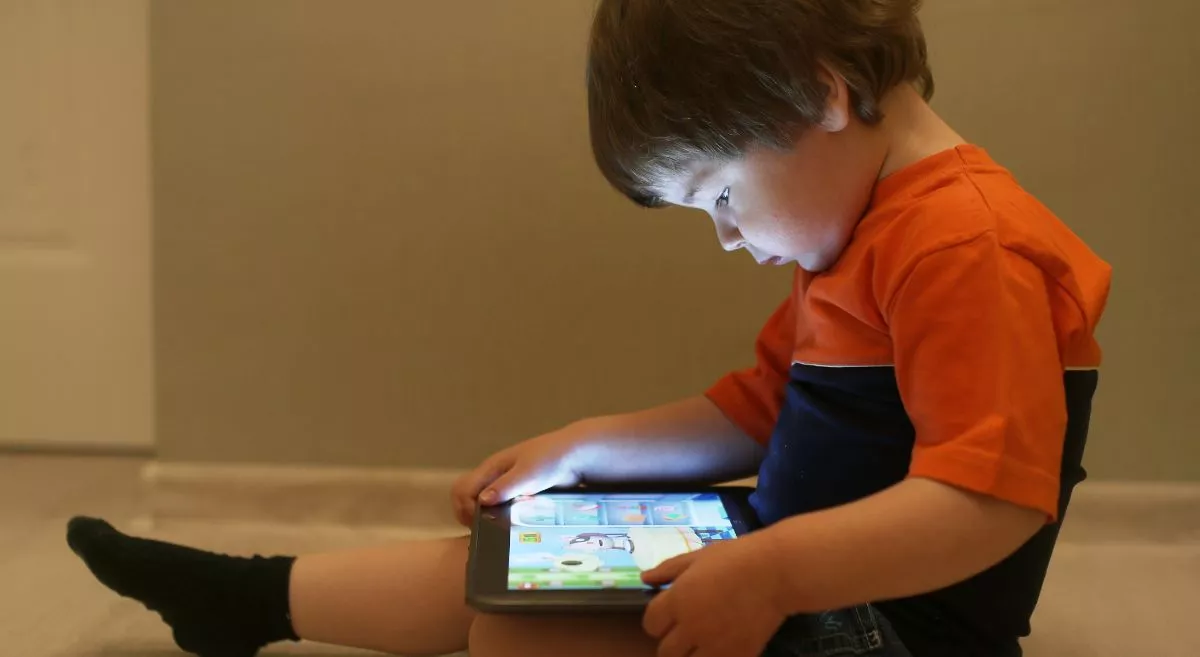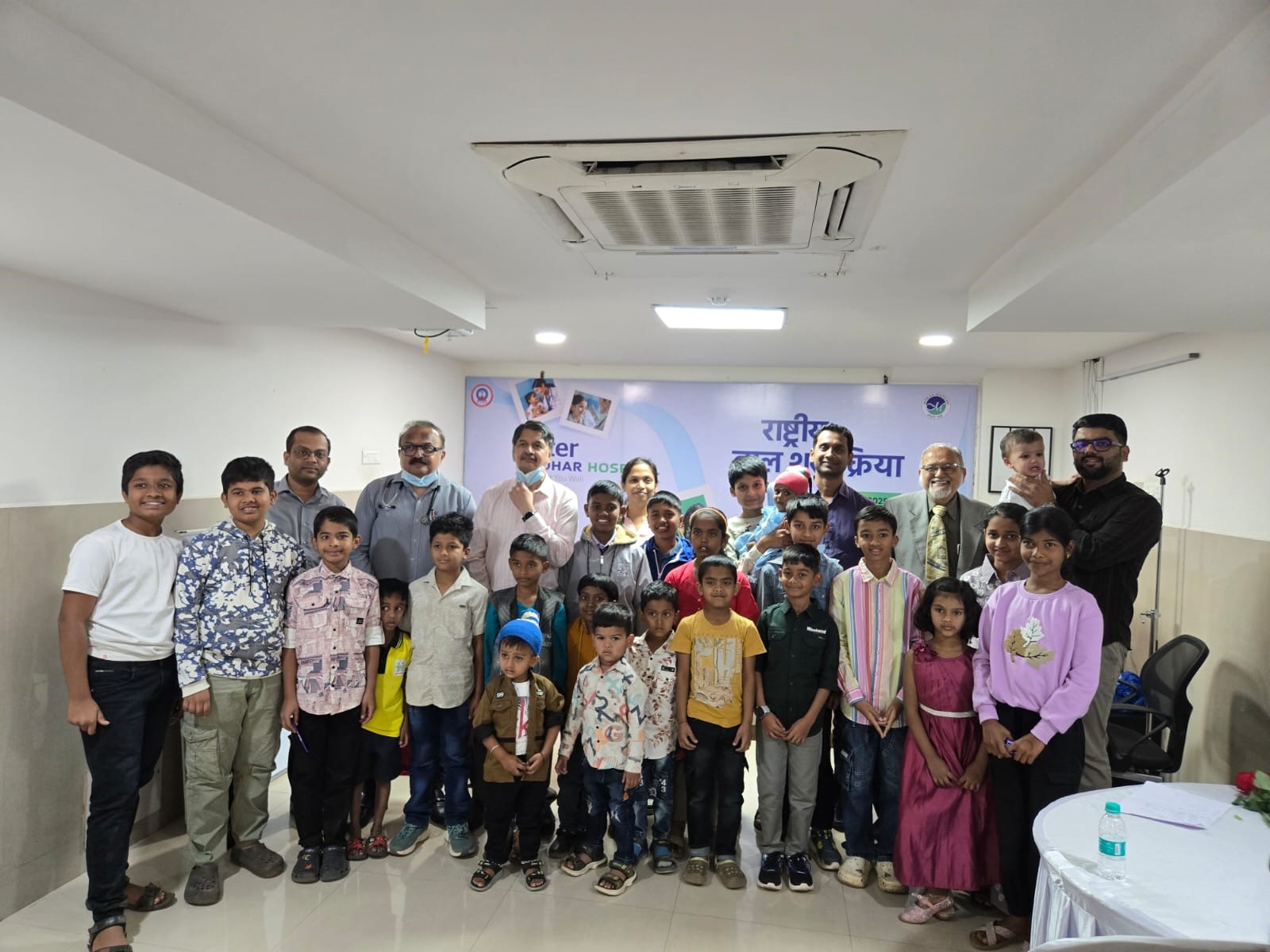The department of Pardiatrics & Neonatology at Aster Hospital provides clinical care to an adequate number of newborn children and grown up children to fulfill its exploration and instructive objectives. The department offers extraordinary clinical support and medical care, which is made conceivable by a very much trained group of pediatricians, neonatologists and pediatric intensive care doctors, capably bolstered by nurses who are specialty trained. Our neonatologists, nurses and whole staff are prepared whenever to take the compassionate and master care of you and your infant. We've found that basically understanding the NICU and how it functions can help lessen fears. If your infant needs NICU care, our staff clarifies the circumstance, answer your inquiries and keep you intimated about your infant's condition. We have practical experience in customized, family-focused care for the small babies and the most complex cases.
Our Doctors
We have some of the best specialists from around the world, they bring years of experience and offer evidence-based treatment to ensure the best care for you.
Treatments & Procedures
We provide comprehensive treatment for all types diseases under one roof. Our highly experienced doctors supported by especially trained clinical staff, ensure the best care for you.
Advanced Technology & Facilities
Well equipped with the latest medical equipment, modern technology & infrastructure, Aster Hospital is one of the best hospitals in India.
Most infants admitted to the NICU are untimely (delivered before 37 weeks of pregnancy), have low birth weight (under 5.5 pounds), or have a medical condition that requires unique care. Almost a large portion of a million children are delivered preterm, and a significant number of these infants likewise have low birth weights. Twins, triplets, frequently are admitted to the NICU, as they have a tendency to be delivered before than single birth children. Babies with medical conditions, for example, heart issues, or birth deformities are likewise watched over in the NICU. NICU at Aster MIMS Kottakkal is equipped with a best in class level 3 NICU under the direction of all around trained and qualified Neonatologists. We gather in appropriate proof based administration at reasonable cost. The NICU has exceptional offices for, cutting edge neonatal ventilation including high recurrence ventilation, care of to a great degree low weight infants, extraordinary care for postoperative checking (counting cardiovascular cases), surfactant administration, exchange transfusion, total parenteral nourishment, Central venous catheterization
Our PICU offers access to subspecialties and the most exceptional technologies accessible, and is devoted to giving the largest medical care to our pediatric patients. Subspecialty administrations accessible through the PICU incorporate cardiothoracic surgery, neurosurgery, orthopedics, cardiology, pulmonary, general surgery, oncology, hematology, and bone marrow transplant.
Care in the PICU dependably gives family-focused treatment that is formatively and age-centered, empathetic, and effective for the treatment of different medical issues. Pediatric Intensive Care Unit gives round the clock services to basically sick newborn infants and children, overseen by extraordinarily trained and experienced work force under direct supervision of pediatric specialists.
The facilities include
- Invasive and non-invasive ventilators
- LED phototherapy and consistent multi-parameter checking consolidated with devoted nursing care
- Pediatric ventilator
- Pediatric indoor admissions
- Central venous catheterization
- Specially trained staff etc.
Incubators and radiant warmers are used to maintain the body temperature of newborn infants. This is best done to minimise the energy expended for metabolic heat production.
High-frequency oscillatory ventilation (HFOV) is a lung-protective strategy that can be utilised in the full spectrum of patient populations ranging from neonatal to adults with acute lung injury.
Aster MIMS Kottakkal offers a dedicated 10-bed Level 3 Pediatric Intensive Unit with state-of-the-art monitoring and diagnostic equipment. Manned 24/7 by a team of internationally trained Pediatric Intensive Care Physicians and Nurses who stand for ethical and evidence-based practices, the PICU provides advanced organ support for critically ill children and life-support services, including mechanical ventilation like HFOV and Inhaled Nitric Oxide Therapy. The Unit, for the first time in Kerala, offers Pediatric Intensive Care Retrieval service, where the Retrieval Team, comprising Pediatric Intensive Care Physicians and Nurses, triages, stabilises and transports critically ill children in an ambulance that is a Level 3 Paediatric Intensive Care Unit by itself, from peripheral hospitals to Aster MIMS Kottakkal. The Unit also offers: Invasive cardiovascular monitoring and support including extracorporeal life support Advanced renal support like CVVH and hemodialysis for children Post-operative care for children who have had specialised surgery at Aster MIMS Kottakkal Multidisciplinary in approach and works closely with other Specialities for Pediatric surgery like Oncology, Neurology, Renal, Spinal Surgery, ENT, Respiratory and Endocrinology Multidisciplinary in approach for trauma care with support from specialist teams including Neurosurgery, Pediatric surgery, and Pediatric Orthopedics, ENT and Craniofacial surgery Round the clock triaging and pre-transport stabilisation advice to assist Retrieval Zero tolerance for error prescription policy 100 % adherence to infection control practices Dedicated team to address patient safety and risk management Allied services including Respiratory Therapists, Dietician , Clinical Pharmacists and Physiotherapists Counselling and Psychosocial services for bystanders and focus for creating a stress free environment during the most challenging period in their lives.
Physical therapy
Occupational therapy and rehabilitation for patients with neurological/ physical disabilities
Speech therapy for patients with language disabilities
An advanced facility for treating Neurodevelopmental disorders in children, the expert team of doctors and therapists at the Aster Neurodevelopmental Unit believes in incorporating the latest scientific concepts to empower and enable differently-abled children to be a part of society.
- Assessment of children with developmental and behavioral concerns
- Multi-disciplinary intervention services
- Referrals to community services
- Parental guidance for child development
- Counseling and support for families of children with developmental and behavioral problems
- Liaison with schools on children with learning problems - Placement of children with special needs for training and education
- Collaboration with Primary Health and Community
- Services for early identification of children with developmental and behavioural problems, to facilitate early intervention
We offer specialised treatment for children with conditions including:
- Headache
- Epilepsy
- Movement disorders
- Neuroimmunology
- Stroke
- Mitochondrial and metabolic disorders
- Learning disabilities
- Cerebral palsy
- Neurodevelopmental disabilities - Like Autism and ADHD
- Sleep disorders
- Brain tumors and conditions requiring surgery
- Genetic neurological disorders and rare brain diseases
- Neonatal neurological conditions, even in high-risk newborns
At Aster Enrich, we provide specialised and comprehensive care for children with diverse developmental needs. Our centre is dedicated to helping differently-abled children through customised treatment strategies, focusing on early identification, intervention, and continuous support throughout their school years and beyond.
Our centre has state-of-the-art facilities and a team of highly qualified professionals from various disciplines, including Developmental Pediatrics, Child Psychiatry, Child Psychology, Speech and Language Therapy, Occupational Therapy, Physiotherapy, and more.
Procedures
Endo tracheal intubation
Umbilical line placement
Chest tube placement
Percutaneous (PICC) line placement
Ventilator support including high frequency ventilation + inhaled nitric-oxide treatment
Intravenous access and maintenance
Total Body Cooling
Exchange transfusion
Hemodynamic monitoring
Total parenteral nutrition
Oxygen saturation monitoring
Surfactant therapy
Thermoregulation
Per Oral/tube feeding
Promotion of breast feeding and lactation assistance/advice
Peritoneal dialysis
Developmental interventions - Environmental and Developmental Care of Infants
We provides comprehensive medical care to children affected with various genetic disorders. We also provide counseling sessions for the parents regarding the recurrence risk in subsequent pregnancies & offer prenatal diagnosis.
We do provide detail clinical evaluation & management services for chromosomal abnormalities, microdeletion syndrome, single gene disorders, skeletal dysplasia, storage disorders, neuro degenerative disorders, Intellectual disability & learning disorders, Inborn errors of metabolism childhood deafness & blindness, connective tissue disorder like Marfan syndrome, Ehlers Danlos syndrome primary amenorrhea, familiar cancer.
We truly focus on antenatal services targeted to the most beneficiary group in our hospital.
Early detection of fetal aneuploidies like down syndrome, Edward syndrome, Patau syndrome & neural tube defects by offering 1st trimester screening test & confirmatory genetic test is advised if screening tests comes as positive by doing chronic villus sampling/amniocentesis.
Early detection of fetal anomalies by offering target anomaly scan & ECHO before 2nd trimester
We do offer periconceptional counseling:
Couples having a previous child with down syndrome
Couples where one of the parents is a translocation carrier
Couples with history of RPL, BOH, infertility (R/C pregnancy loss, R/C abortion)
Elderly couple’s especially maternal age > 35 years old (Advanced maternal/paternal age)
Couples who are married in relation (consanguineous marriage
Couples with family history of known genetic disorders
We offer Diagnostic facilities (genetic test) & post confirmatory test counseling sessions to our patients. Various diagnostic genetic tests available for confirmatory in our department are:
Karyotype
High resolution karyotype
chromosomal microarray
FISH for trisomies, sex chromosome
FISH for microdeletion syndrome
MLPA
TP- PCR (triplet primed PCR)
EXOME sequencing
Neonatal resuscitation
Newborn care
Immunisation
Management of pediatric and neonatal emergencies
Patient Stories
Our patients are our best advocates, hear the inspiring stories of their treatment journey
Blogs
The source of trustworthy health and medical information. Through this section, we provide research-based health information, and all that is happening in Aster Hospital.
News & Events
Stay updated with the latest happenings at Aster Hospitals. Explore our News and Events section for insightful articles, health tips, upcoming events, and noteworthy achievements.

